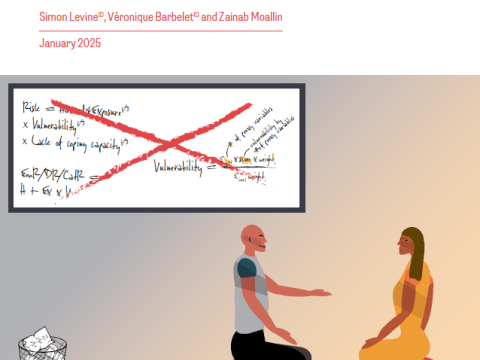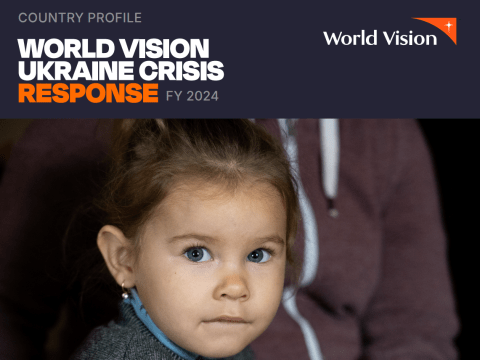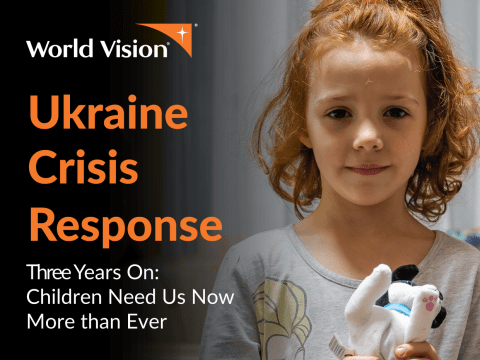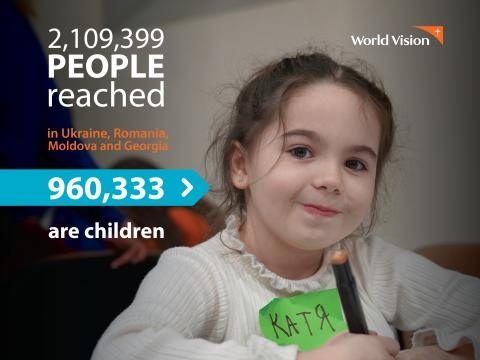Silent Battles: Adolescents’ experiences and perceptions of gender-based violence in war-time Ukraine
Download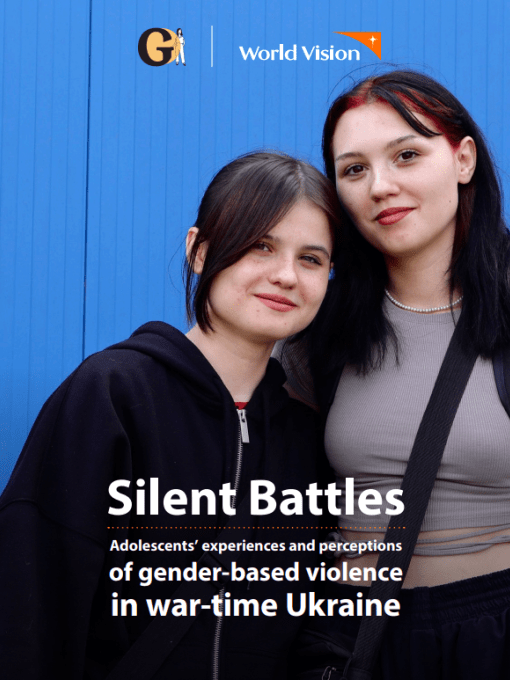
This brief, based on the broader study “Gender-Based Violence in Ukraine Amid War” conducted by World Vision and NGO Girls, examines the prevalence of gender-based violence (GBV) during the war and its specific impact on adolescent girls.
Conflict – and crises more broadly – prey on and amplify pre-existing inequalities and deep-rooted gender norms and beliefs, driving violence disproportionately against women and girls, while also putting boys at heightened risk. This is especially true for children with disabilities, who experience significantly higher rates of violence due to societal stereotypes, discrimination, and limited access to information and resources.
Key Findings:
• The gendered impacts of the war are acknowledged by adolescents who live in conflict affected areas, especially internally displaced boys and girls, who are more likely to report that women are disproportionately affected by war crimes.
• Adolescent boys’ understanding of GBV is mostly correlated with physical aspects of violence and relationships between the sexes, as well as control. They also often view GBV as acts that undermine an individual’s freedom and autonomy, while limiting personal agency.
• Girls are more likely than boys to recognize various forms of violence as GBV, and to have experienced various types of psychological violence – the most prevalent form of GBV among adolescents.
• Adolescent girls are identified as the most vulnerable group to GBV, with key factors such as their limited autonomy, societal expectations, and power imbalance in relationships, exposing them to higher risks of violence.
• The psychological effects of GBV are generally greater on adolescent girls who are more likely to experience a loss in self-confidence and feelings of confusion.
• Girls are less likely to seek help for GBV and are more aware of the negative consequences of reporting GBV than boys.
• Lack of access to adequate and targeted information, coupled with poor awareness of available services, impact adolescents’ ability to access the support they need. Both girls and boys tend to rely on parents or friends for support but are often reluctant to discuss GBV, especially sexual violence.
• GBV significantly impacts adolescents’ daily lives, with girls experiencing a wider range of consequences across various forms of violence, including disruptions to their education, social interactions, and overall well-being.
• Access to specialized GBV case management is crucial for adolescent survivors. This involves coordinated support systems that provide legal aid, safe shelters, mental health and psychosocial support, and other essential services tailored to their specific needs.
• Children with disabilities face heightened vulnerability to GBV due to prevalent societal stereotypes, discrimination, and limited access to information and resources. This vulnerability requires specific attention and targeted interventions to ensure their safety and well-being.
